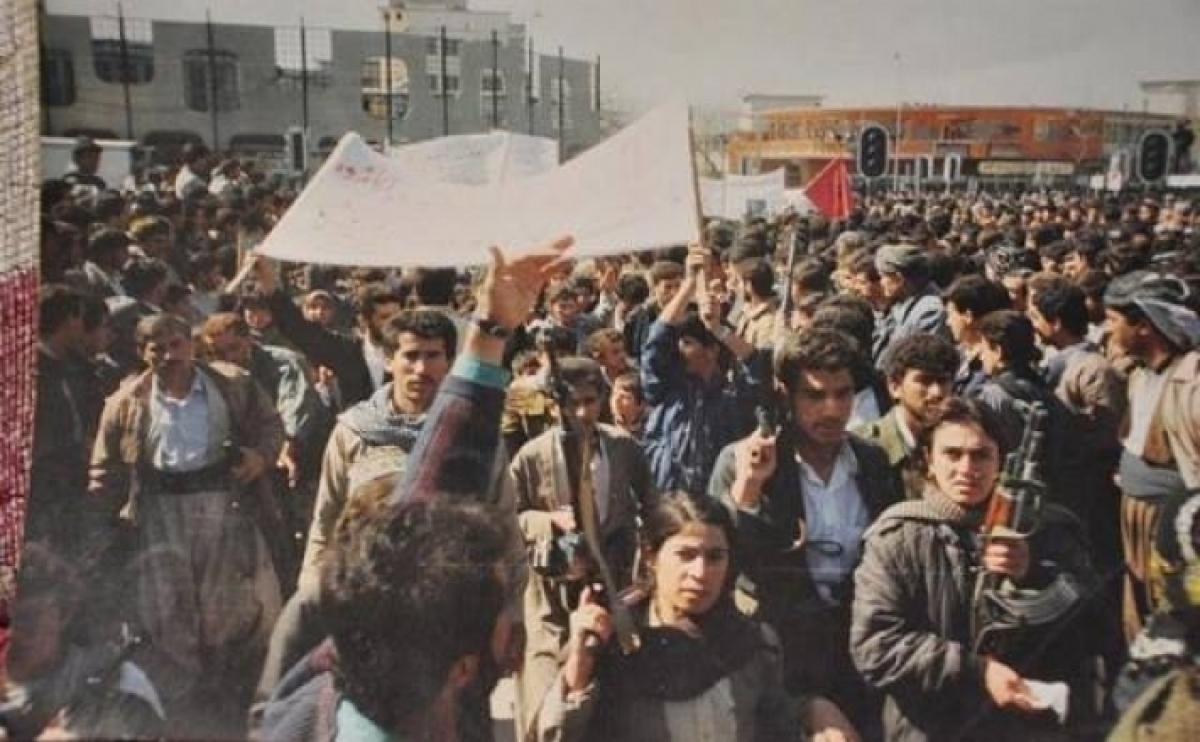1991 Kurdish Uprising: A Historic Struggle Against Saddam Hussein's Baath Regime

The 1991 Kurdish uprising stands as a significant event in the history of the Kurdistan Region, marking a pivotal moment in regional politics. Spearheaded by the people of the Kurdistan Region and supported by the Peshmerga forces, it was a response to the oppressive actions of Saddam Hussein’s Baath regime, particularly its chemical attacks on Kurdish civilians and Peshmerga forces. This report aims to provide a comprehensive overview of the uprising, including its origins, key events, and outcomes.
Origins of the Uprising: The origins of the uprising can be traced back to the oppressive actions of the Baath regime, including chemical attacks on Kurdish civilians, following the end of the Iran-Iraq War in 1988. The regime's defeat in Kuwait created an opportune moment for the Kurds to mobilize against Saddam Hussein’s rule. Clashes between Kurdish residents and government forces in Khabat camp near Erbil on March 3rd, 1991, preceded the mass mobilization in Raniya on March 5th, which served as a catalyst for the uprising.
Key Events: The uprising officially began on March 7th, 1991, with Sulaymaniyah being one of the first cities to join the revolt. Thousands of civilians, supported by Peshmerga forces, seized government installations, including the infamous Red Security Compound. The momentum of the uprising spread to other Kurdish cities, with varying levels of resistance from regime forces.
On March 11th, Erbil joined the uprising, followed by Zakho and Duhok city in Duhok province on March 13th and 14th respectively. The liberation of Kirkuk on March 21st, coinciding with Kurdish New Year celebrations, symbolized a significant victory for the Kurds. However, subsequent military operations by the Iraqi government, aided by the People's Mujahedin of Iran, led to a resurgence of conflict and another wave of civilian displacement.
Outcomes: The uprising achieved notable successes, including the liberation of key cities from the Baath regime. However, the brutal counterattack by regime forces resulted in a mass exodus of Kurdish civilians, known as the 'major exodus.' Despite initial victories, the Iraqi government, with support from external actors, swiftly reclaimed control over the liberated areas, leading to further conflict and displacement.
The 1991 Kurdish uprising represented a courageous stand against the oppressive regime of Saddam Hussein and marked a significant chapter in Kurdish history. While the uprising achieved temporary successes, it also underscored the challenges faced by the Kurdish people in their quest for freedom and self-determination.















